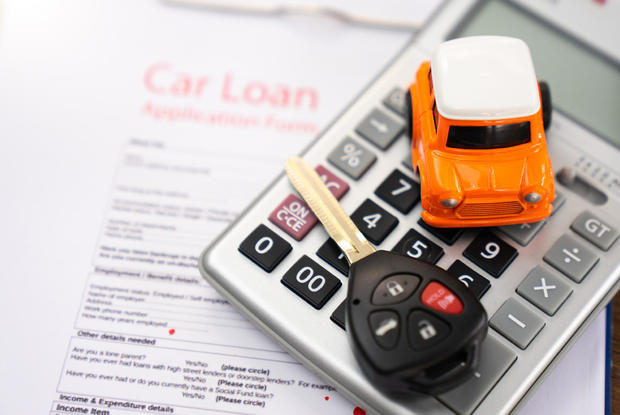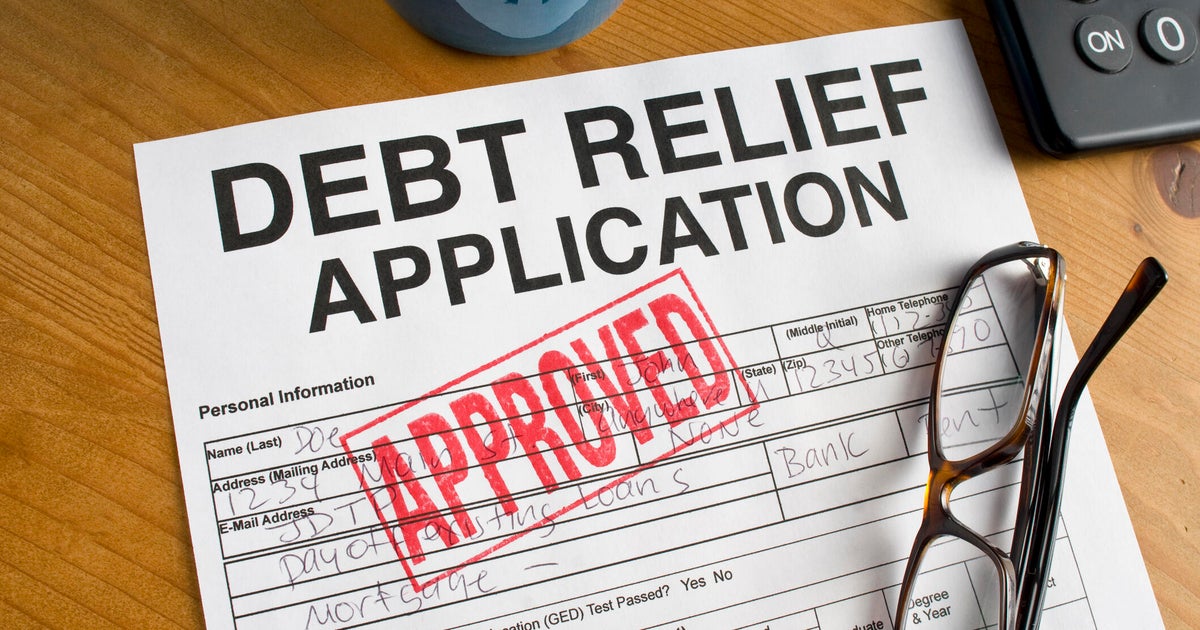Should you use home equity to buy a car? Experts weigh in
Car prices skyrocketed during the pandemic and have stayed high in the time since, making it a lot more expensive to buy a car right now. For example, the average new car buyer is currently paying about $48,510 for the vehicle they purchase, according to Kelly Blue Book. That's nearly $10,000 more than what they were paying at the end of 2019.
Meanwhile, inflation has led to high interest rates, which increases car loan payments. The average interest rate on new cars is 6.73% currently, while the average interest rate for used car loans is 11.91%, according to Experian. But the rate buyers pay can vary significantly based on factors such as the car dealership and your credit score. Some car loans for those with poor credit, for example, exceed 15%, while those with excellent credit might score lower-than-average rates.
Given these high borrowing costs and the overall price of vehicles, some car buyers may be considering tapping into their home equity to buy a car. If your house has gone up in value recently, for instance, you might think that taking out a home equity loan or home equity line of credit (HELOC) to buy a car in cash makes more sense than taking out a car loan. But does it? Here's what experts say.
Want to tap into your home's equity for a car purchase? Compare your borrowing options here.
Should you use home equity to buy a car? Experts weigh in
Whether or not it makes sense to use your home's equity to buy a car depends heavily on the circumstances. In general, borrowing against your home equity to buy a car is a big risk, experts say, because you're putting your home up as collateral. If you can't keep up with payments, you risk losing your home as opposed to just your car. Still, some are comfortable with this risk if it seems to help their finances.
When it might be worth using home equity to buy a car
One situation where experts say using your home equity to buy a car can make sense is if you can get a better deal compared to other financing options.
If you don't qualify for low-interest financing from a car dealer, "then utilizing a home equity loan may be your next best option. You could also focus on paying it off early by paying extra principal each month. That way, you can time the home equity loan to be paid off by the time you need to replace the car," says Derrick Strauss, branch manager at Planet Home Lending.
Shopping for a car from a private seller — or a seller not affiliated with a dealership that offers financing — could mean that it makes sense to purchase the car via home equity borrowing.
"If you're buying a used car from an individual seller and can't pay cash, a home equity loan may be a lower-cost option than a personal loan or taking a cash advance from your credit card," says Strauss.
But interest rates aren't the only factor to consider. The monthly payment between home equity financing and a car loan can also make a difference.
For example, "as many retirees are on a fixed income, the payment may hold more weight over the interest rate. HELOCs typically have a longer repayment period than an auto loan, so the payment with a HELOC may fit better into the retiree's budget," says Rose Krieger, senior home loan specialist at Churchill Mortgage.
And occasionally, borrowing against your home equity is your only option. In that case, if you truly need to buy a car, rather than just wanting one, then it could make sense to borrow against your home equity.
"If your life or work requires you to have a car and that provides a benefit to you, it is worth it so long as you can afford the purchase or payments," says Jess Schulman, president and COO of Bluebird Lending.
Learn more about your home equity loan options and get preapproved here.
When it might not be worth using home equity to buy a car
While there can be times in which using your home equity to buy a car works well, in many other cases, it's simply not worth the risk. For one, you're putting your home up as collateral.
"Tying a depreciating asset to your home's value is not a good idea," says Michael Micheletti, chief communications officer at Unlock Technologies.
You also have to consider the costs of home equity financing vs. other borrowing options.
"If you qualify for low-interest financing from the dealer, using your home's equity may not be a good choice for buying a new car," says Strauss.
Be sure to compare the overall costs, too — not just the headline interest rate.
"A home equity loan might carry a lower interest rate than the loans offered by some used car dealers but be aware that other closing costs associated with a home equity loan may increase its overall cost to the borrower," says Strauss.
Also, the monthly payment based on the loan term can come into play. Although home equity loans and HELOCs have longer terms than car loans in most cases, thereby keeping the monthly payments lower, that's not always the case.
"If the rate is lower with a HELOC but your payment is higher than it would be with an auto loan, it may not fit into your monthly budget," says Krieger.
And if you're borrowing just because you think a new car would be fun, you could be making a mistake.
"It is not worth taking out a home equity line for a car if the car isn't necessary and will put you in or further in debt, reducing your opportunity to create stability and net worth for yourself," says Schulman.
The bottom line
In select cases, home equity financing can make sense for funding a car purchase, but a lot depends on factors like the interest rate, monthly payment and overall costs compared to other options. But perhaps more importantly, you need to be aware of the risk of using your home as collateral, vs. using your car as collateral with a traditional auto loan.






